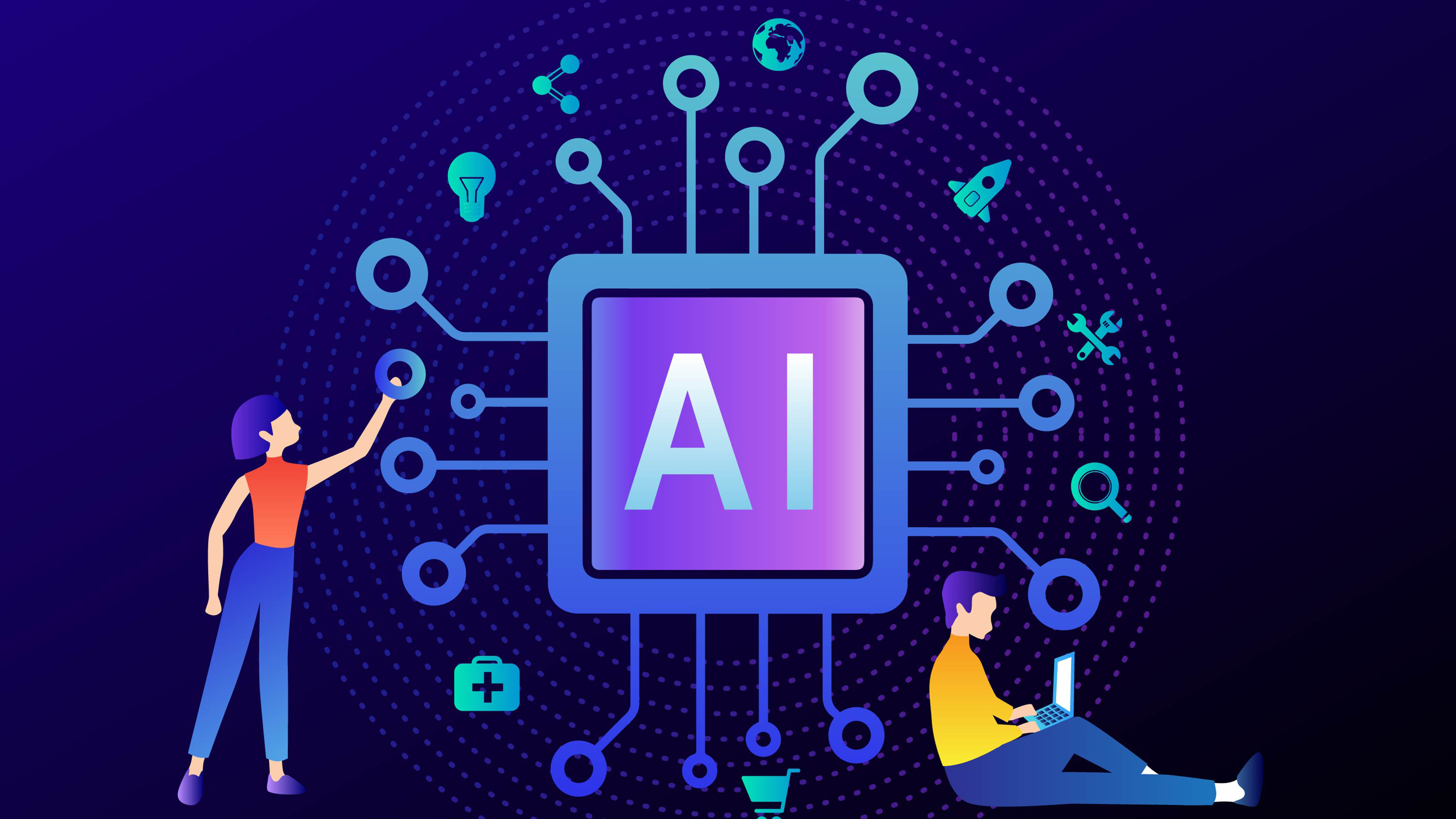
How can organizations hope to stay ahead when disruption lurks around every corner, ready to render them obsolete at a moment's notice?

Are you wondering if customer-centric innovation is critical to your business? Imagine that you are all set to binge-watch your favorite shows. But your streaming service app keeps crashing, leaving you stuck with a spinning loading icon. Isn’t it frustrating?
But what if:





